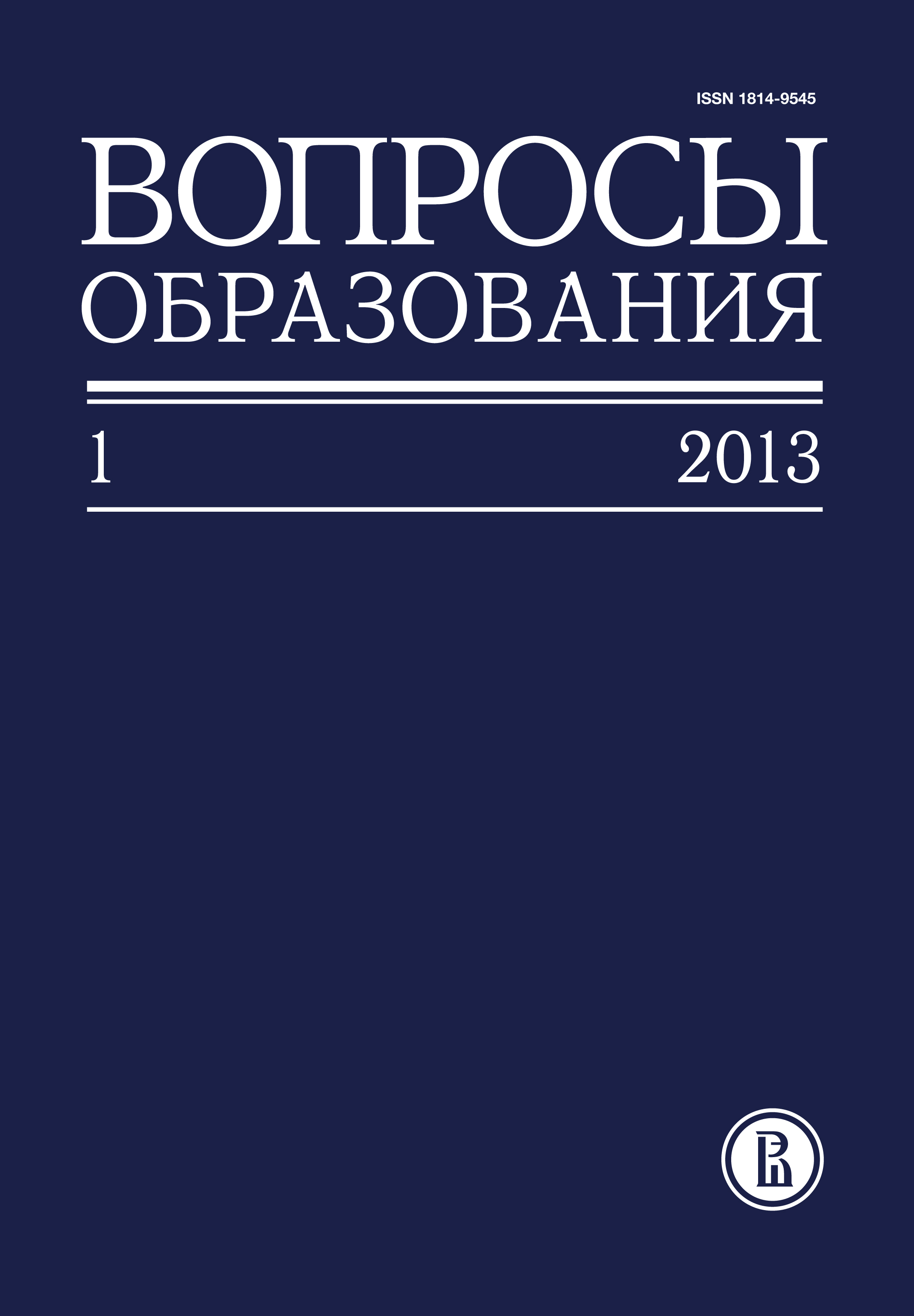Вступительный комментарий к статье Джеймса Пола Джи «Деятельность человека и социальные группы как естественная среда оценивания: размышления об обучении и оценке в XXI в.»
Аннотация
Поливанова Катерина Николаевна — доктор психологических наук, профессор департамента образовательных программ Института развития образования НИУ ВШЭ. Эл. адрес: kpolivanova@mail.ru
Анализируется концепция присвоения нового знания, выдвинутая Дж.П. Джи. Резюмируются ее основные положения, выстраивается логика аргументации, обсуждается форма выражения. Проводятся параллели заявленных в статье тезисов с отечественными исследованиями структуры деятельности, игры и самооценки.
Рассматривается понятие «идентичность», выделенное автором статьи как начальный этап любой деятельности человека, подразумевающий осознание новичком себя частью той или иной социальной группы и принятие ее системы оценок. Обсуждаются проблема идентичности школьника в процессе обучения, риски возникновения причастности не к учебным дисциплинам, а к понятийной сфере «хороший ученик». Идентичность правилам образования приводит к искажению мотивации к познавательной деятельности, создается установка на обучение не ради получения знаний, а во избежание возможных санкций в случае невыполнения тех или иных обязательств.
В контексте отечественной версии теории деятельности анализируется выдвинутое автором утверждение о самооценке как своеобразной максиме процесса обучения. Отмечается новизна взгляда на самооценку как способ поддержания субъектом своей идентичности.
Обсуждаются значение игры в образовательной практике, а также вопрос соотносимости знания и компетенции. Представлена позиция Дж.П. Джи относительно применения формального оценивания. Рассматриваются приводимые автором статьи примеры способов обучения в XXI в., потенциал которых открывается с появлением новых возможностей моделирования учебных сред.








